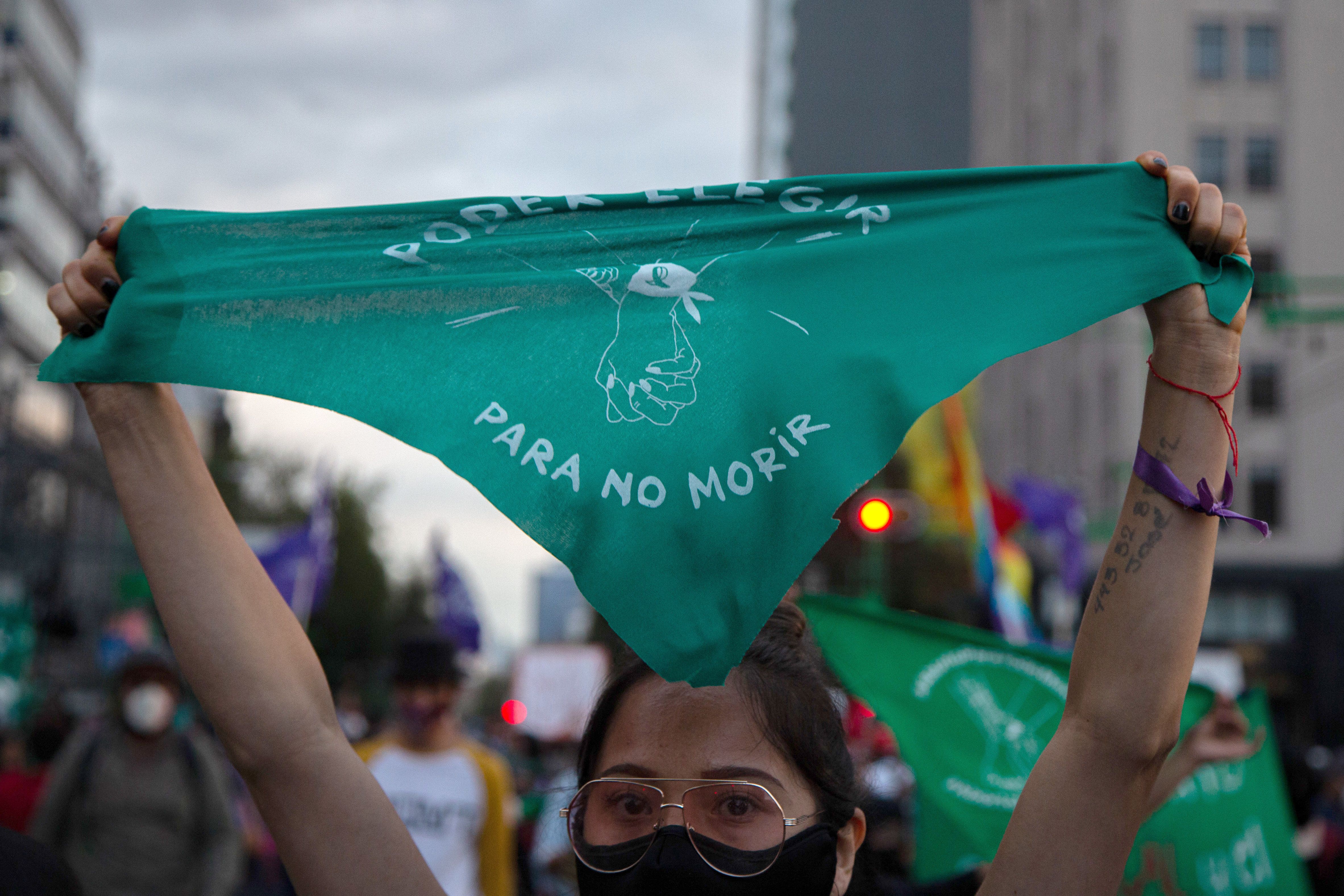What We’re Watching: Mexican women demand abortion rights, Kuwaiti emir dies, Duterte hits Facebook
Mexico reckons with abortion rights: Scores of people joined protests in Mexico's capital on Monday, demanding the legalization of abortion in the majority Roman Catholic country. The demonstrations coincided with International Safe Abortion Day, which aims to ensure women around the world have access to safe sexual and reproductive health services. In Mexico, which has a female population of at least 65 million, the procedure is banned outside Mexico City and the southern state of Oaxaca (which moved to legalize the procedure last year), though it's legal in instances of rape. More than half of all pregnancies in Mexico are estimated to be unintended, leading many women to seek (botched) illegal abortions that often lead to complications requiring serious medical care. Protesters clashed with police — with some women even hurling Molotov cocktails — as confrontations became increasingly heated throughout the day. Many attendees were clad in green scarfs, which have become the symbol of the pro-choice movement in parts of Latin America in recent years. Some analysts say that the recent death of US Supreme Court Justice Ruth Bader Ginsberg, a women's right icon, has put renewed global focus on abortion rights — and women's rights more broadly.
Kuwait emir dies: Kuwaiti Emir Sabah al-Ahmad al-Sabah died on Tuesday at age 91. Taking over the reigns of the country in 2006 following four decades as foreign minister, Sheikh Sabah leveraged his diplomatic skills for tiny yet oil-rich Kuwait to punch above its weight in regional politics, charting an independent foreign policy that largely stayed out of traditional Middle Eastern feuds and rivalries. His legacy includes a key mediation role when three Gulf states — Bahrain, Saudi Arabia and the UAE — cut off relations and blockaded Qatar in 2014 over the latter's alleged support of terrorism and ties to Iran. Sheikh Sabah also oversaw a stable alliance with the US, which fought the the 1991 Gulf War to liberate the emirate from Saddam Hussein and keeps around 13,000 troops in Kuwait. On the domestic front, he was relatively popular (by Gulf absolute monarchy standards) although in 2011 Skeikh Sabah had to dissolve parliament and crack down on Arab Spring-inspired protests that threatened the royal family's rule over Kuwait. Kuwait's new emir is Sheikh Nawaf al-Ahmad al-Sabah, who is already 82. We'll be watching whom he appoints as crown prince in a long-term succession process that is a bit more complicated than in other Gulf monarchies because the royal family is not as united and the crown prince must deal with parliament, which has more power in Kuwait than elsewhere in the region.
